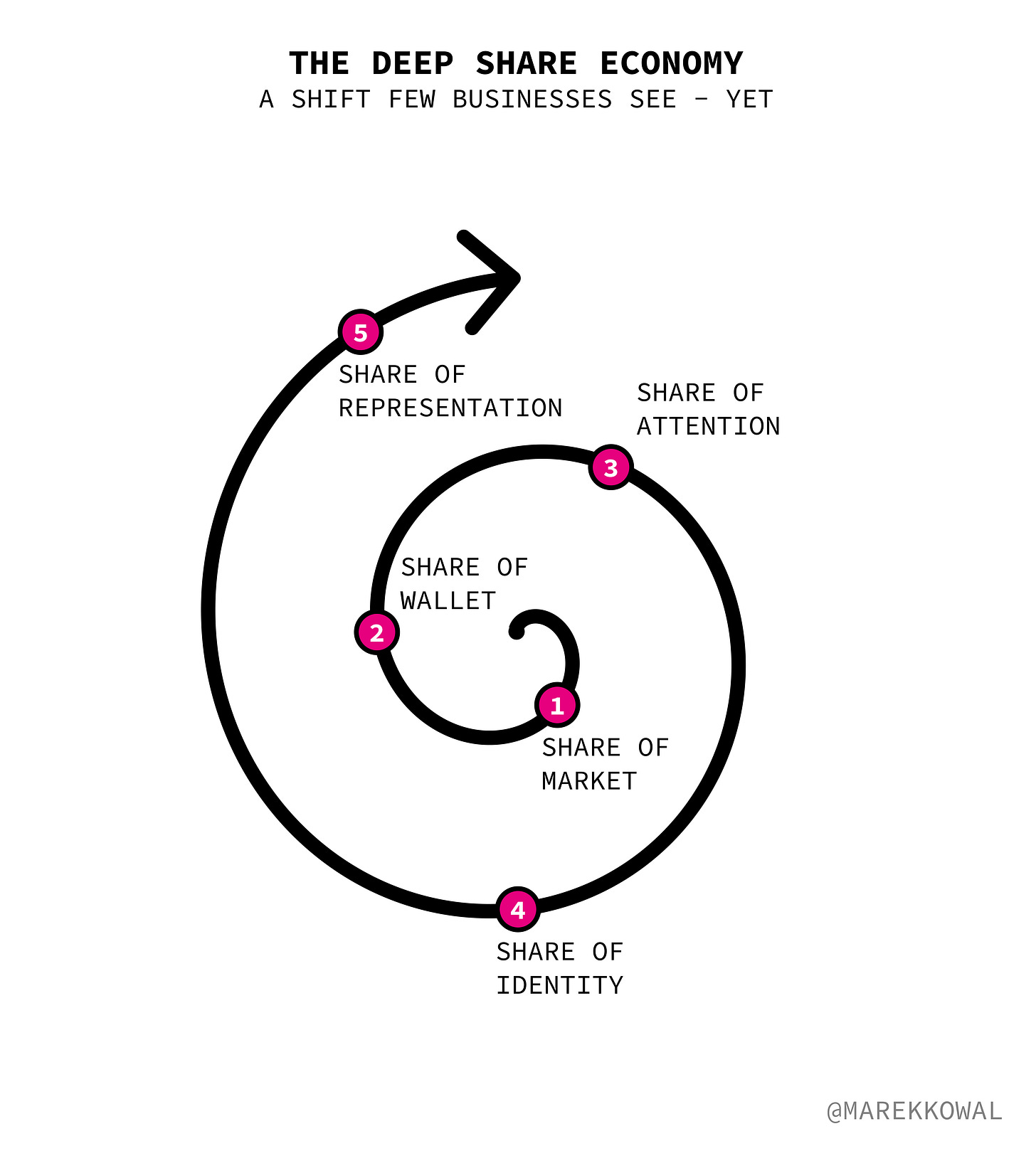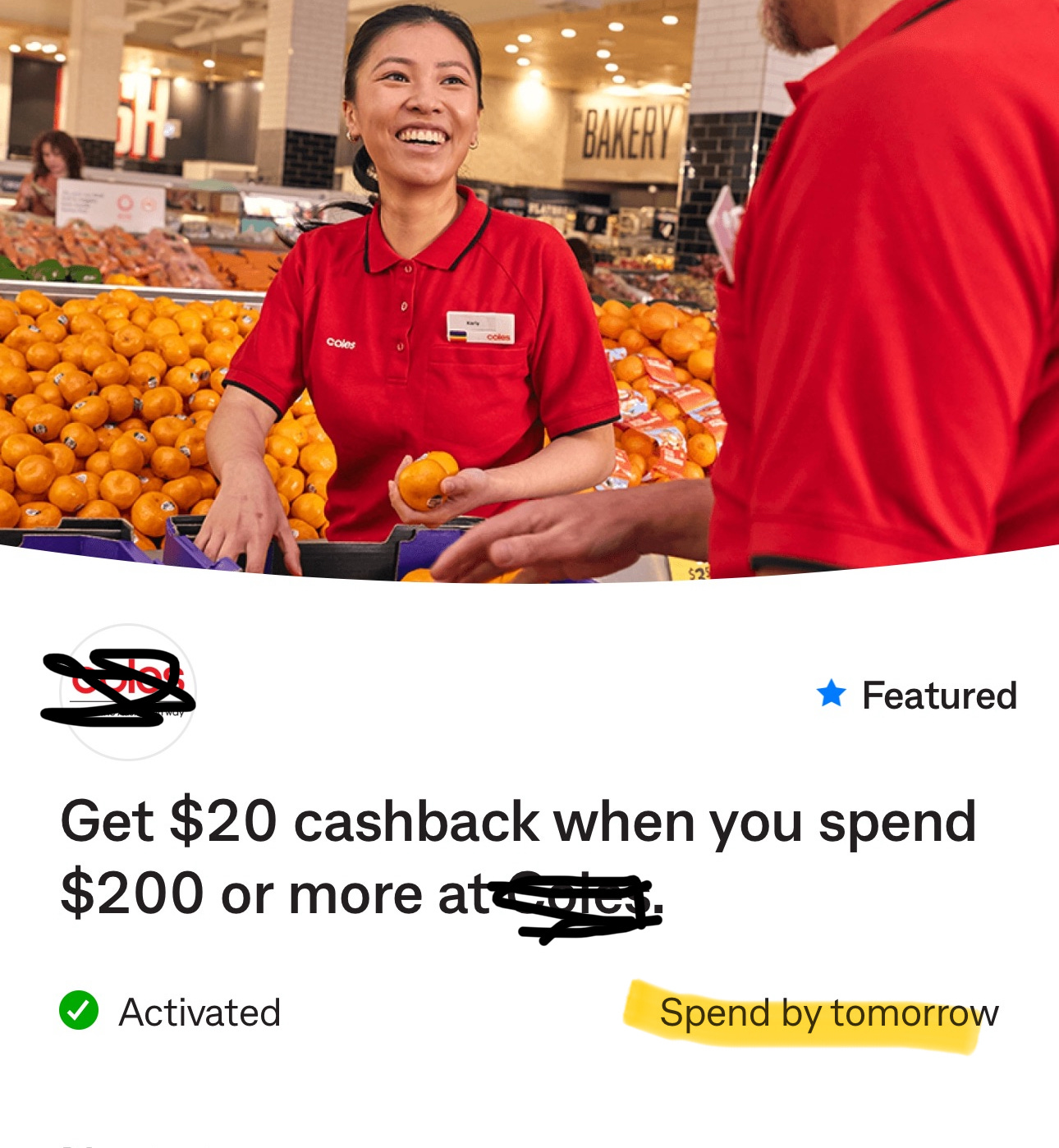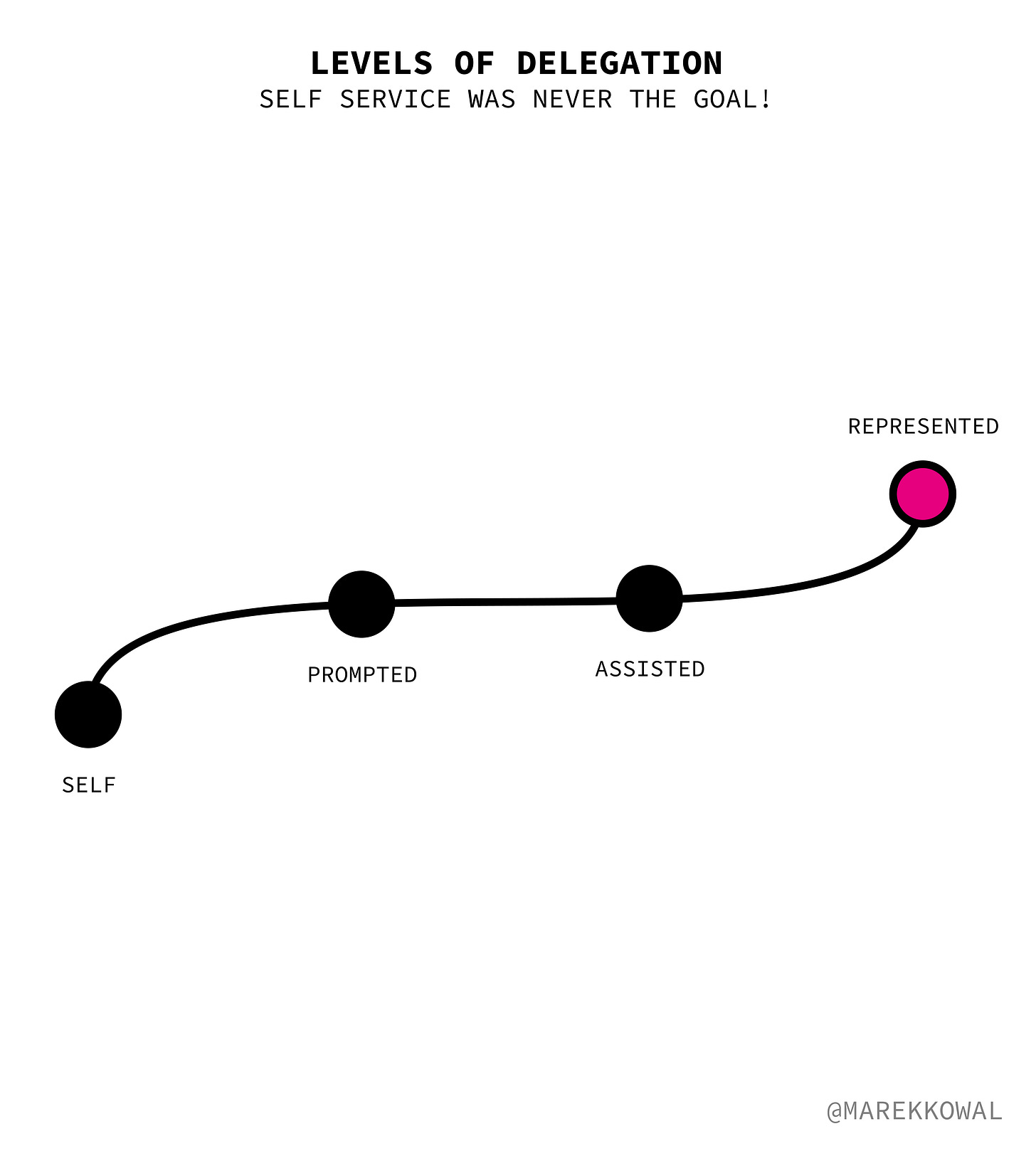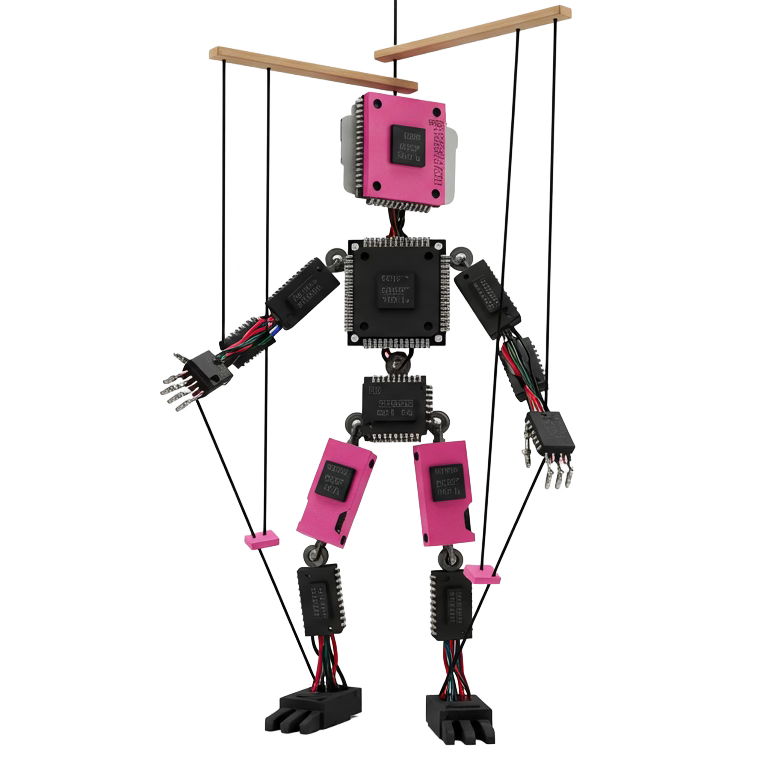Last week, I uploaded a photo of my foot to ChatGPT.
Not for fun. I’d hit a rock while trail running, and the ankle hadn’t stopped swelling for days. I figured I’d see what the world’s most popular language model might make of it. ChatGPT returned what any decent health website would: rest, ice, compression, elevation. Nothing I didn’t know already.
But the act of uploading that photo—the ease, the normality of it—stuck with me. I’d just shared a small, slightly weird detail about myself with a system that doesn’t forget. Not because I wanted to “go viral,” or get a diagnosis, or entertain anyone. I just wanted a second opinion. And the system obliged. It logged another dot in the growing constellation of me.
That’s when it clicked: we’re no longer just users. We’re not just customers or audiences or clickers. We’re becoming donors of ourselves. Quietly, voluntarily, and often without noticing.
We’re becoming donors of ourselves. Quietly, voluntarily, and often without noticing.
What companies used to fight for
It’s tempting to think this moment is new. But business has always been a game of proximity. It’s always been about getting closer to the customer, in whatever way the era allowed.
In the early 20th century, it was all about Share of Market. Whoever had the biggest slice—the most shelf space, the best distribution, the biggest billboard—won.
As product options multiplied and brand loyalty became harder to secure, companies began chasing Share of Wallet. It wasn’t enough to make a sale; the goal was to capture a greater percentage of a customer’s spending over time.
Then came the era of Share of Attention. Digital platforms exploded, and companies discovered that time was the new battleground. Who cares if someone buys your product, as long as they’re spending their life in your app? That attention could be monetised through ads, data, in-app purchases, or simply by increasing the odds that when they do spend, it’s with you.
These were big shifts, but they still measured behaviour: what you bought, where you clicked, and how long you stayed.
Now, something quieter and deeper is unfolding.
The invisible hand of identity
Today’s most ambitious companies aren’t just chasing your wallet or your time. They want something far more personal: your identity.
But this isn’t Facebook-style sharing. It’s not about uploading photos, posting updates, or preparing a curated version of yourself for others to see. What’s happening now is subtler. We’re interacting with AI tools: chatbots, recommendation engines, and co-pilots in natural, often intimate ways. We’re not curating; we’re confiding.
Every message you draft, every request you make, every image you share, these aren’t just signals for advertising. They’re breadcrumbs in a private map of you. There’s no profile picture, no timeline, no comment thread. Just the machine, quietly learning how you think, what you need, what you’re willing to share, and where your boundaries lie.
This is Share of Identity, not as an abstract dataset but as a functional asset. The companies that get it right will know their customers better than the customers know themselves.
The companies that get Share of Identity right will know their customers better than the customers know themselves.
AI agents have entered the chat
But this could only be the beginning.
Once a system knows you well enough, it doesn’t just predict what you might do next. It could start doing it for you.
Think of email assistants that reply on your behalf. Smart home devices that restock your kitchen. Recommendation engines that don’t just suggest — they decide. And now, with the rise of generative AI agents, we’re seeing tools that can book appointments, manage projects, draft strategies, and even initiate negotiations. These aren’t just copilots. They’re early proxies.
You’re not just being understood. You’re being represented.
This is the next frontier: Share of Representation — the portion of your agency you’re willing to delegate to a system, a service, or a company you trust enough to act in your name.
The old game was about engagement. This one is about delegation with intent.
The cashback I didn’t claim
Let me bring it back to something mundane.
My bank app recently offered me a $20 cashback for groceries. But I had to activate it manually. No prompt. No automation. Just a buried button in an “Offers” tab I never check.
Let’s map that against the Levels of Delegation:
Self: I had to find and act on the offer myself.
Prompted: A notification could’ve reminded me, but never came.
Assisted: A quick link or chatbot might’ve helped activate it faster.
Represented: But the ideal? The bank could’ve just activated it for me — with no input required.
Now, my bank already knows I shop at that grocery store. They had everything they needed. But instead of acting for me, they passed the task to me, and it nearly cost me either $20 or a movie night (I had this weird choice between a movie night at home, which I was looking forward to, or shopping to save $20).
Most companies are stuck between Prompted and Assisted, believing that offering more control is the pinnacle of good design. But in moments like this, control becomes friction. What I needed wasn’t empowerment. I needed representation.
That’s Share of Representation in action. Or, more precisely, where it fails.
The risk and power of delegated decisions
Of course, delegation isn’t a blanket preference. Some choices I want control over. Others, I’m more than happy to offload.
But here’s the thing: most businesses haven’t even begun to ask where that line is. They’re still offering control as if it’s always a virtue. In reality, the most trusted systems in the next decade will be those that know when not to ask.
The most trusted systems in the next decade will be those that know when not to ask.
In a world where AI agents are increasingly acting on our behalf, a few critical questions come into focus:
Who gets to speak for me?
What happens when they get it wrong?
Can I withdraw consent — or even remember I gave it?
We’ve spent years building customer experiences. It’s time to start designing for customer proxies.
So, where do you draw the line?
There are things I’ll happily delegate. Grocery offers. Email confirmations. Maybe even drafting slide decks at 11 pm.
But there are other things I wouldn’t. Not yet. Maybe not ever.
The line is personal. Contextual. And always shifting. But knowing that line and building for it might be the defining skill of the next generation of product builders.
We’re entering a world where agency becomes a product. Representation becomes an asset class. And customers, more than ever, will have to decide not just what to buy, but what to delegate.
Let me know what you’d delegate. Or what you’d never give up.
Stay curious,
Marek









You might like this: https://substack.com/@takimwilliams/note/c-113381818
Thanks for this, Marek! I've been thinking a lot about this shift to delegation, and what it might mean for our near future (I write science fiction). I think one use case that's a bit ahead of the delegation curve, and can thus serve as a model of what's to come in other areas, is GPS navigation. Although we turn the wheel and push the pedals (this would change with autonomous vehicles), many of us have completely offloaded the task of determining routes, and simply do what Google Maps says. (I suppose true "representation" in that domain would involve not even deciding our own destinations??)
Interesting to think about letting AI "navigate" other areas of our lives for us...